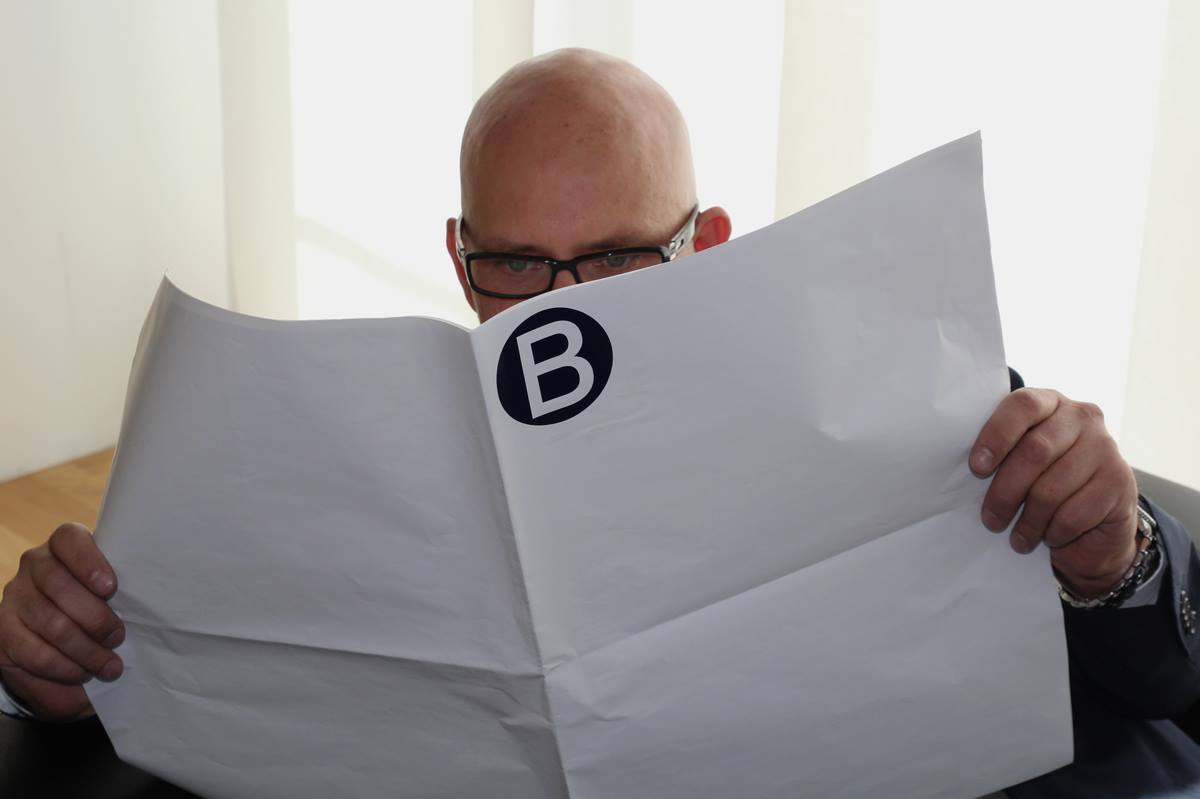Im Geschäftsleben will man auf etwas Konkretes hinaus. Aber Geschäftspartner oder Kollegen betreiben zur Einstimmung oft Small Talk, gewöhnlich am Anfang und am Ende der Konversation. Wie sie im Gespräch auf den Punkt kommen und wie Sie sich und Ihre berufliche Tätigkeit auf Englisch vorstellen, zeigt Ihnen der Banking Club in Zusammenarbeit mit dem Magazin Business Spotlight.
Beginning and ending a business conversation
In business, people usually want to get something specific done when they talk to each other. Look at the beginning of a real conversation which took place in a university office. Karen, a student, goes into the office to ask Don, who works there, a question about her student identity card (ID). Karen and Don know each other.
1 Karen: Hello!
2 Don: Hiya!
3 Karen: How are you?
4 Don: I’m all right.
5 Karen: Good. I have a quick question for you.
6 Karen: Tell me why on my ID this year it says it expires on June thirtieth as opposed to September thirtieth.
Notice that Karen first greets Don (line 1) and asks him how he is (line 3) before she tells him what she wants to talk to him about. She doesn’t ask her question until line 6: “Tell me why…”. So it can sometimes take quite a while to “get down to business”.
Before ending a conversation, speakers often make a general comment about the conversation. Look at the end of the same conversation:
7 Karen: Thank you, Don.
8 Don: So it was a quick question and answer, huh?
9 Karen: Quick question, quick answer.
10 Don: All right!
11 Karen: Thanks.
12 Don: Yeah.
Karen thanks Don for helping her (line 7), and they both make a friendly comment about the conversation in lines 9 and 10 (that Karen’s question was “quick”, as she announced at the beginning of the conversation in line 5). So it can sometimes take a little while to end a conversation, too.
Talking about yourself
1. Giving your name
When you introduce yourself in business situations, give your full name:
Hello, I’m Felix Bauer.
To make clear that you want to be known by your first name, you can then add:
Please call me Felix.
Alternatively, you can give your first name separately first:
Hi, my name’s Felix. Felix Bauer.
If you want others to use your last name, say:
My name’s Bauer. Felix Bauer.
2. Giving the name of your company
You will probably want to say where you work, either after introducing yourself, or in answer to a question:
I work for/at Carrington Peters.
I’m with SentiTrend in San Francisco.
You can add how long you have been working there:
I’ve been with them for four years now.
I joined them a year ago. Before that I was with Heist.
If you work for yourself, you can say:
I’m self-employed.
I work freelance.
3. Talking about your industry
When you want to say what business you work in, it is best to say “I’m in…”. Note that people usually do not use the word “industry” or “trade” to talk about their line of work:
I’m in textiles.
I’m in banking.
I’m in retail.
I’m in research.
I’m in finance.
I’m in education.
In many cases, it is more common simply to state your profession. Note the use of “a” or “an”:
I’m a scientist.
I’m an engineer.
I’m a doctor.
4. Talking about your activities
When you talk about your job, you should keep the explanation short, but not too short. You can talk about your activities:
I mainly advise clients on investment opportunities.
I organize conferences — the place, the speakers, the food and so on.
You can also talk about where you work and about the responsibilities you have there:
I work in the legal department, where I deal with copyright and things like that.
I head our music department — we produce mainly classical music.
I run our customer service department.
I’m in charge of regional marketing — advertising campaigns and so on.
I’m responsible for our international marketing strategy.
5. Using humour
Often, when talking about themselves, English-speakers use humour to show that they don’t take themselves too seriously. This is not considered unprofessional — on the contrary, it helps to create a friendly, relaxed atmosphere. Here are some examples:
I’m responsible for our sales strategy — everything except the mistakes.
I head our music department — we produce classical music. The kind my son calls “death by violin”.
It is not necessary to “learn” to use humour in such situations, but remember that a friendly atmosphere is important. For that reason, try to keep the conversation flowing by asking questions back (“And yourself?”), and keep your expression interested and friendly.
© Business Spotlight
www.business-spotlight.de




